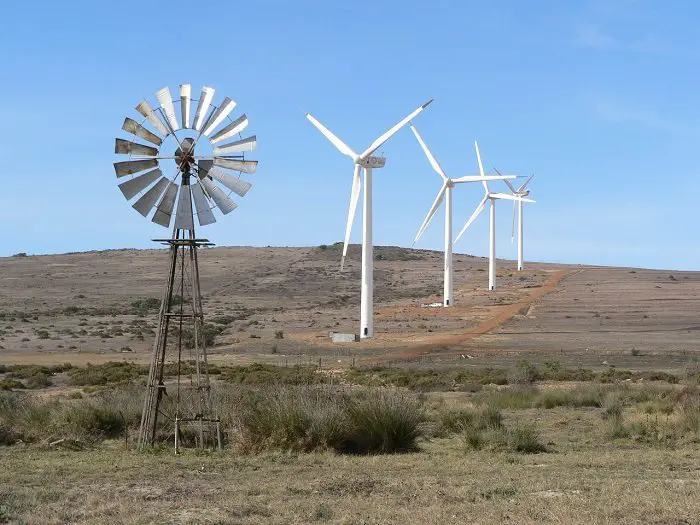South Africa has considerable renewal energy potential over fossil fuels given that the country has over 2,500 hours per year of abundance sunshine. According to the South African government, both inland and around coastal areas, wind energy is another resource that has potential to be a big part of the country’s clean energy mix.
These kinds of resources are to be harnessed and therefore, trained and skilled workforce is required.
South African Renewable Energy Technology Center (SARETEC) is looking to strengthen the country’s clean energy ambitions by crafting a skilled workforce for the renewable energy industry. Based in Cape Town, SARETEC is South Africa’s “first national renewable energy technology center.”
According to Naim Rassool, SARETEC Managing Director, the center is going to be providing the skills that are required in order to run the renewable energy power plants. SARETEC has been specifically designed and established to do that on a world-class level.
Additionally, SARETEC is not only about looking at wind and solar, but also looking at all other forms of renewable energy generation and at the same time drawing up its training program, to a whole range of ideas.
“What we’ve done here, is we’ve modeled so well on what has been around overseas already, which is proven curriculum and proven processes,” said Sven Pietrangeli, SARETEC, and Operations Manager.
“Our main goal at this point is to create enough trust, so that people trust what happens here, trust what we train, and know that when they employ an individual they’re getting a certain product at a certain standard, that this individual can fulfill their role properly and safely,” he added.
Nevertheless, SARETEC gives the local people an opportunity to get a qualification that they can use in their own country, working on automated big machinery, big fields.
Susana de Jager is one person to have directly benefited from the program, and is involved in work on a wind farm.
Susana de Jager, a wind farm beneficiary of SARETEC programme, said that the programme ooffers the local people an opportunity to get a qualification that they can use in their own country, working on automated big machinery, big fields.

Leave a Reply